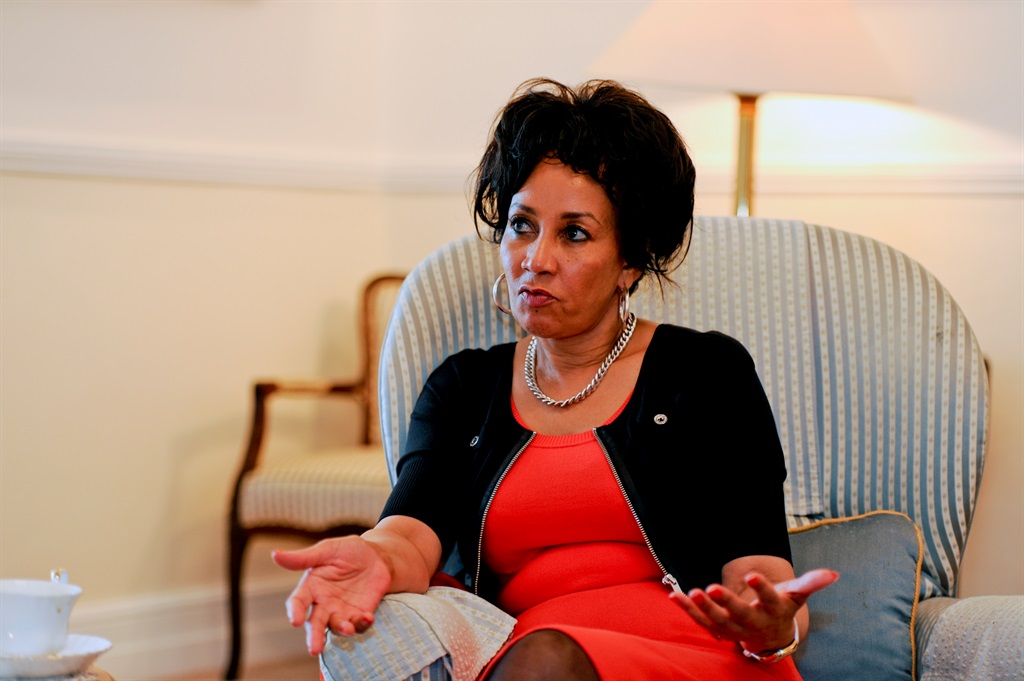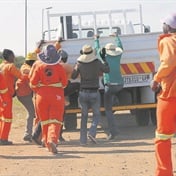
South Africa has declined to sign a landmark continental agreement hailed by President Cyril Ramaphosa as a dream come true for the founding fathers of the Organisation of African Unity.
Ramaphosa was one of only three of the 27 heads of state at the extraordinary summit in Rwanda who declined to sign the African Continental Free Trade Area agreement.
President of Nigeria Muhammadu Buhari stayed away from the summit because of unhappiness about inadequate consultations at home, according to that country’s business organisations.
The agreement was signed by 44 out of the 55 African Union (AU) member states.
South Africa had major concerns about internal legal issues, such as ensuring that current trade conventions are in line with the free trade agreement and about outstanding internal consultations with business and labour.
Ramaphosa, who said he supported the idea of a common African currency, told journalists in Kigali’s Marriott Hotel after the summit on Wednesday that it was a “historic moment which was dreamt of by the founding fathers of the AU”.
He said: “All that holds us back from signing the actual agreement is our own consultation process. We still need to consult at home, to consult in Cabinet, to consult our various partners at Nedlac [the body comprising government, business, labour and community organisations], but also to finally consult our parliamentarians, so we are really just going through what you would call the ‘clean-up process’.”
However, South Africa and 42 AU member states signed the Kigali Declaration, which expresses a commitment to work towards the continental free trade zone.
Union federation Cosatu’s Tony Ehrenreich, one of the labour representatives on Nedlac, said the federation supported the agreement in principle but South Africa should ensure “it’s about building democracy and development, not just an agreement among thieves”.
South Africa couldn’t be flooded with imported goods from other countries with weaker regulations.
“For example, China could set up a distribution plant in Mozambique and then dump its goods on our market. We don’t want that to happen and we must be careful because we saw that happen under the liberalisation of trade under the World Trade Organisation agreement,” he said.
The continent should agree to uphold labour standards and engage labour in negotiations, he said.
Countries, where workers’ rights under the International Labour Organisation were undermined, should not be allowed to put their goods on South Africa’s markets.
Foreign Relations Minister Lindiwe Sisulu told City Press on the sidelines of the summit, that the most important thing was “to have an agreed position that Africa needs to find an economic niche for itself and open up trade within itself, and make sure we can take advantage of the resources that we have”.
Sisulu said after the summit that ministers of trade on the continent would have to look at the “nitty-gritty” issues. South Africa “had serious problems here”, she said. One was the January 2019 deadline to put the protocols in place.
“These protocols would deal with tariffs and all those things. We, as the second-biggest economy to Nigeria, would have a great number of these conventions already in existence, which we would need to look at – they are not just about South Africa, but they are also about our trading partners – and tailor to suit the needs of the AU.”
She said South Africa didn’t pursue time-frame issues. The mood in the room was “let’s speed this process up”. South Africa also had to ensure that trade and intellectual and investment property rights were protected.
DA spokesperson on trade and industry Dean Macpherson said there had been no debate in Parliament yet or concrete information on what the actual treaty would look like.
“It would be difficult [for Ramaphosa] to come back and say ‘we signed this, you sign this’, and it will speak to the idea that Parliament is just a rubber stamp,” he said.
For the treaty to come into effect, it would have to be ratified by 22 countries, involving a parliamentary process in most of them.
Macpherson said the free-trading bloc was good for smaller economies because they would gain access to established economies, “but what does it mean for own internal abilities to create wealth?”.
Opening up trade barriers would give markets access to the continent’s 1.2 billion people. Intracontinental trade stands at only 16%.




 Publications
Publications
 Partners
Partners








